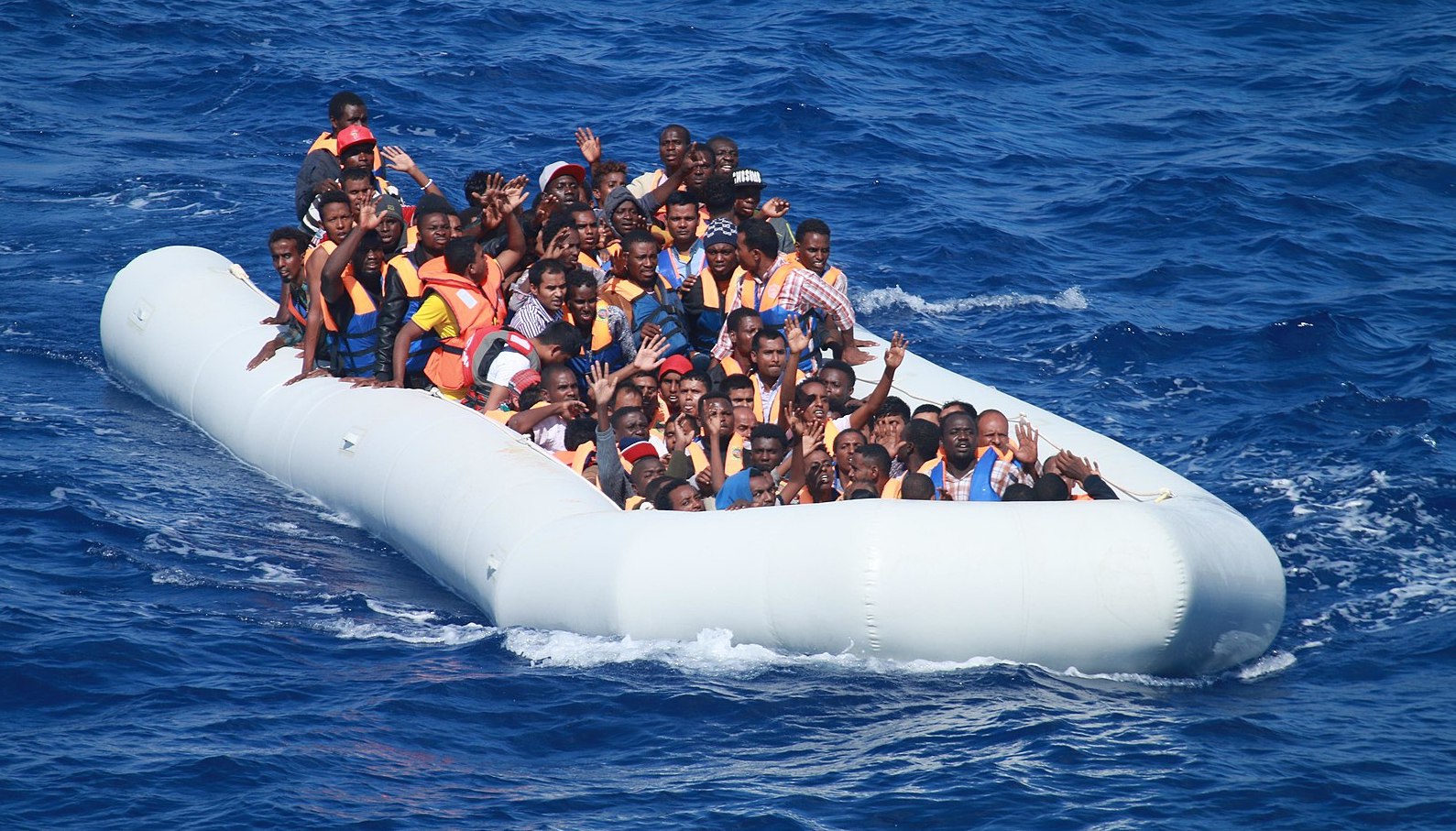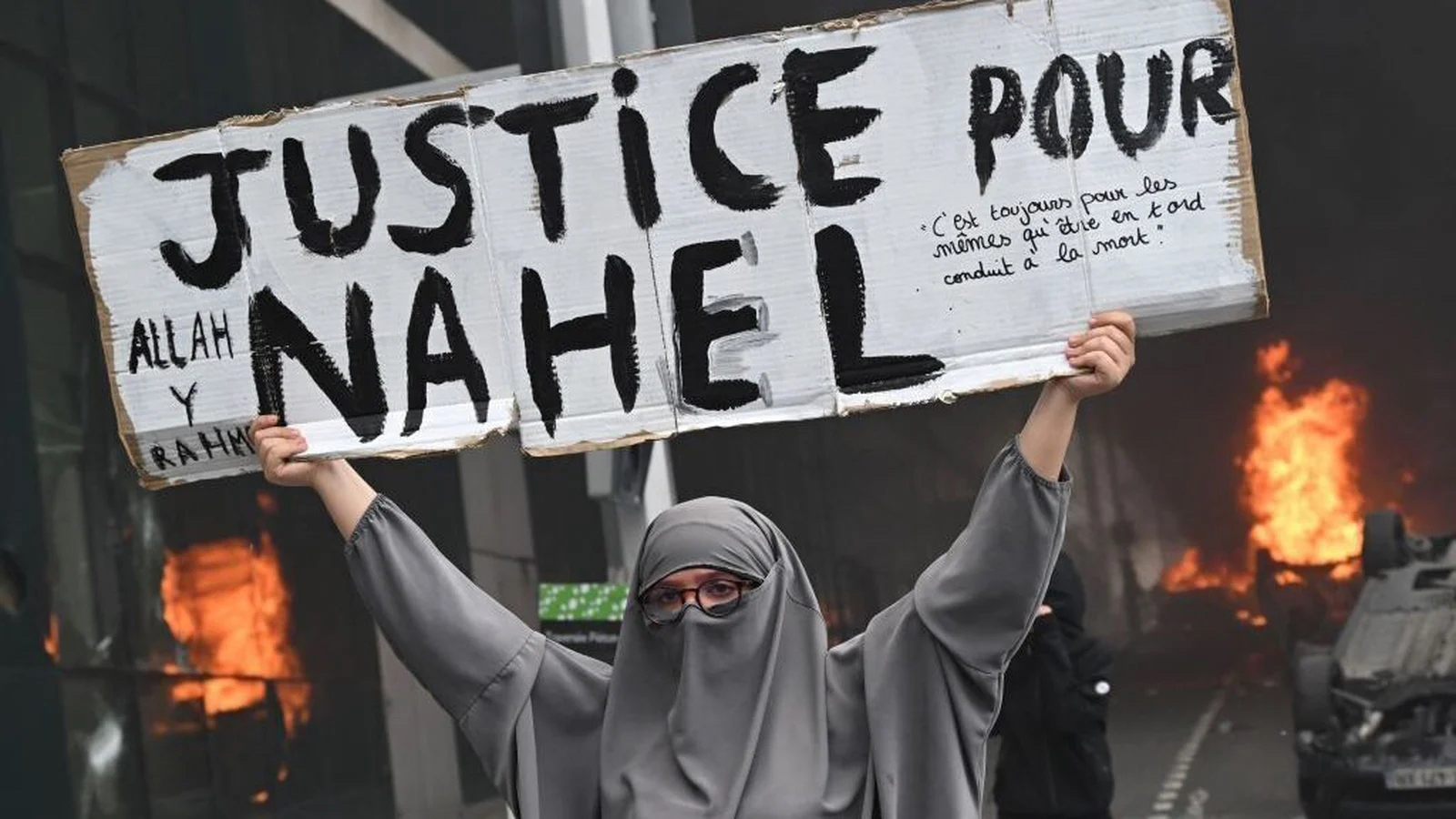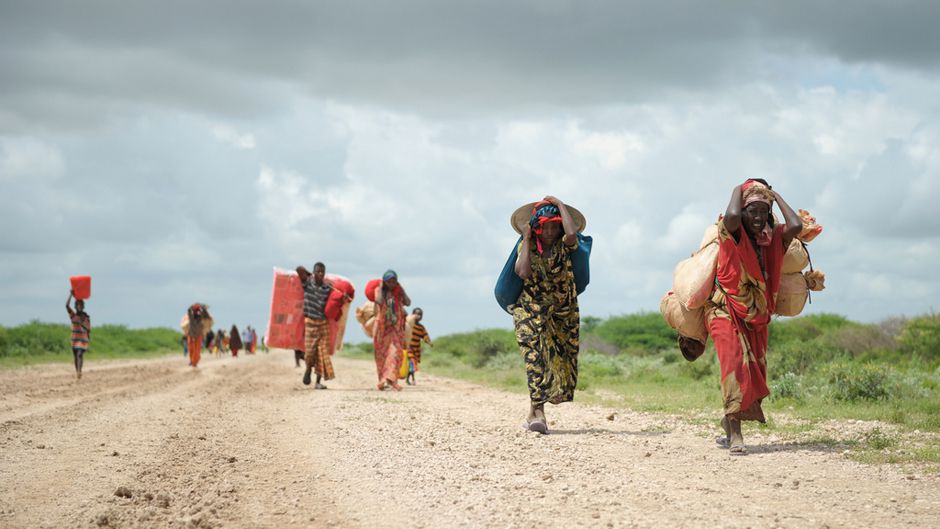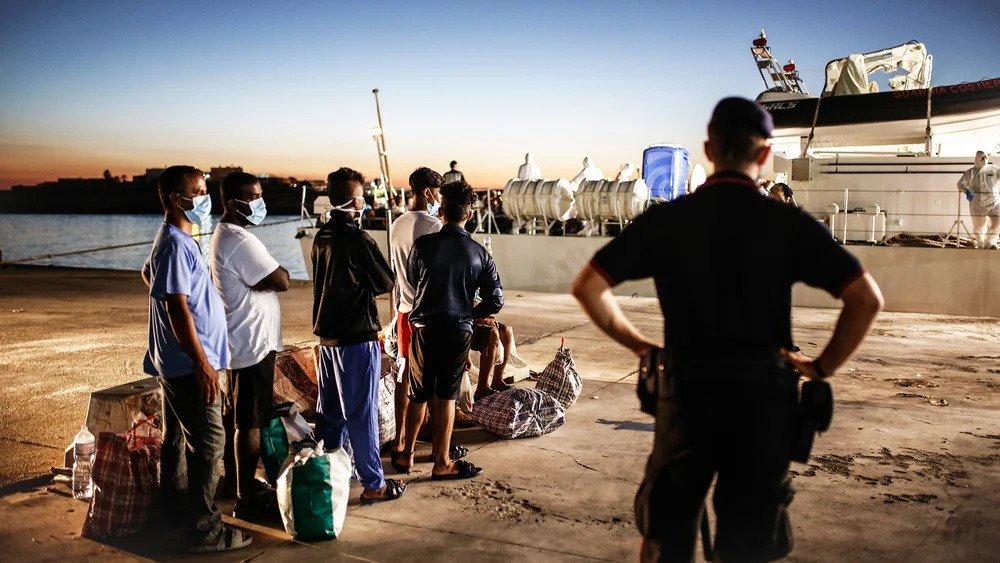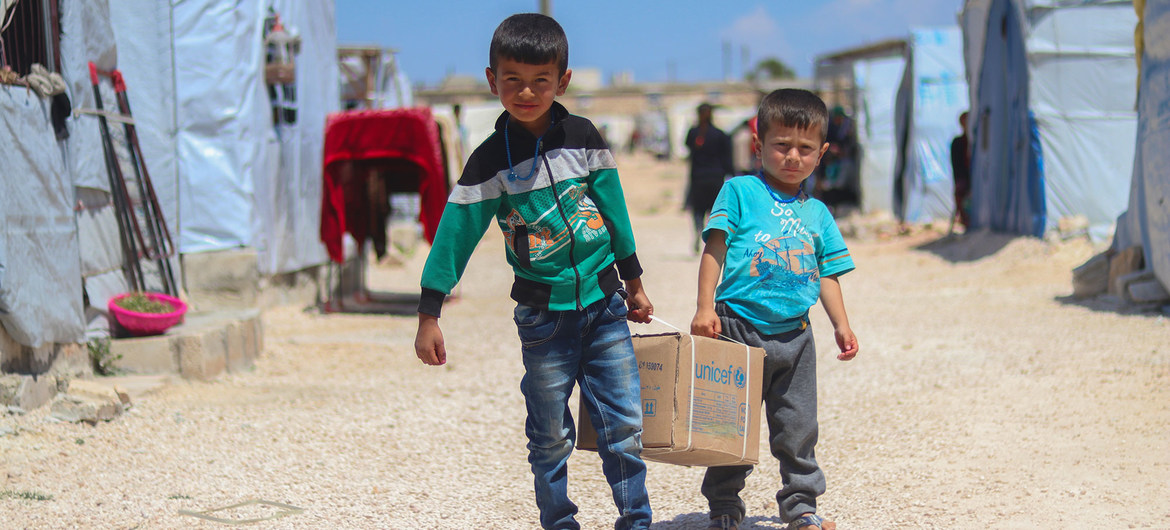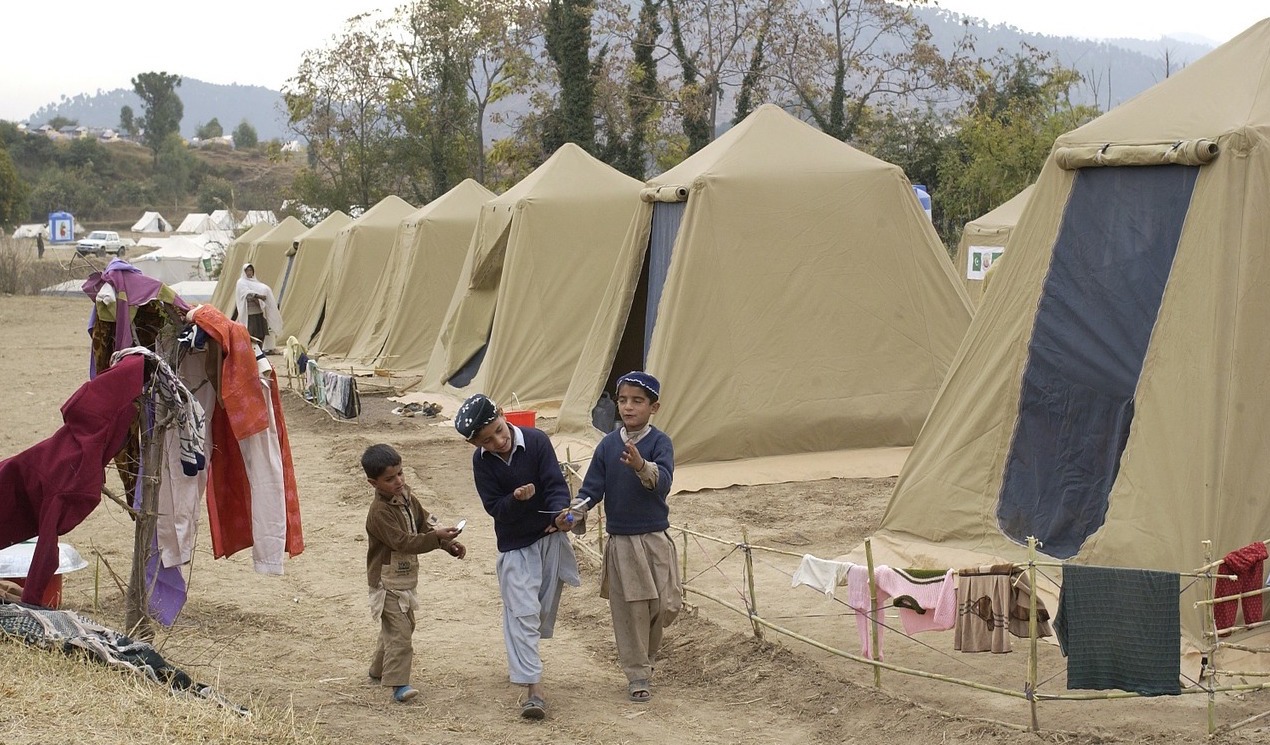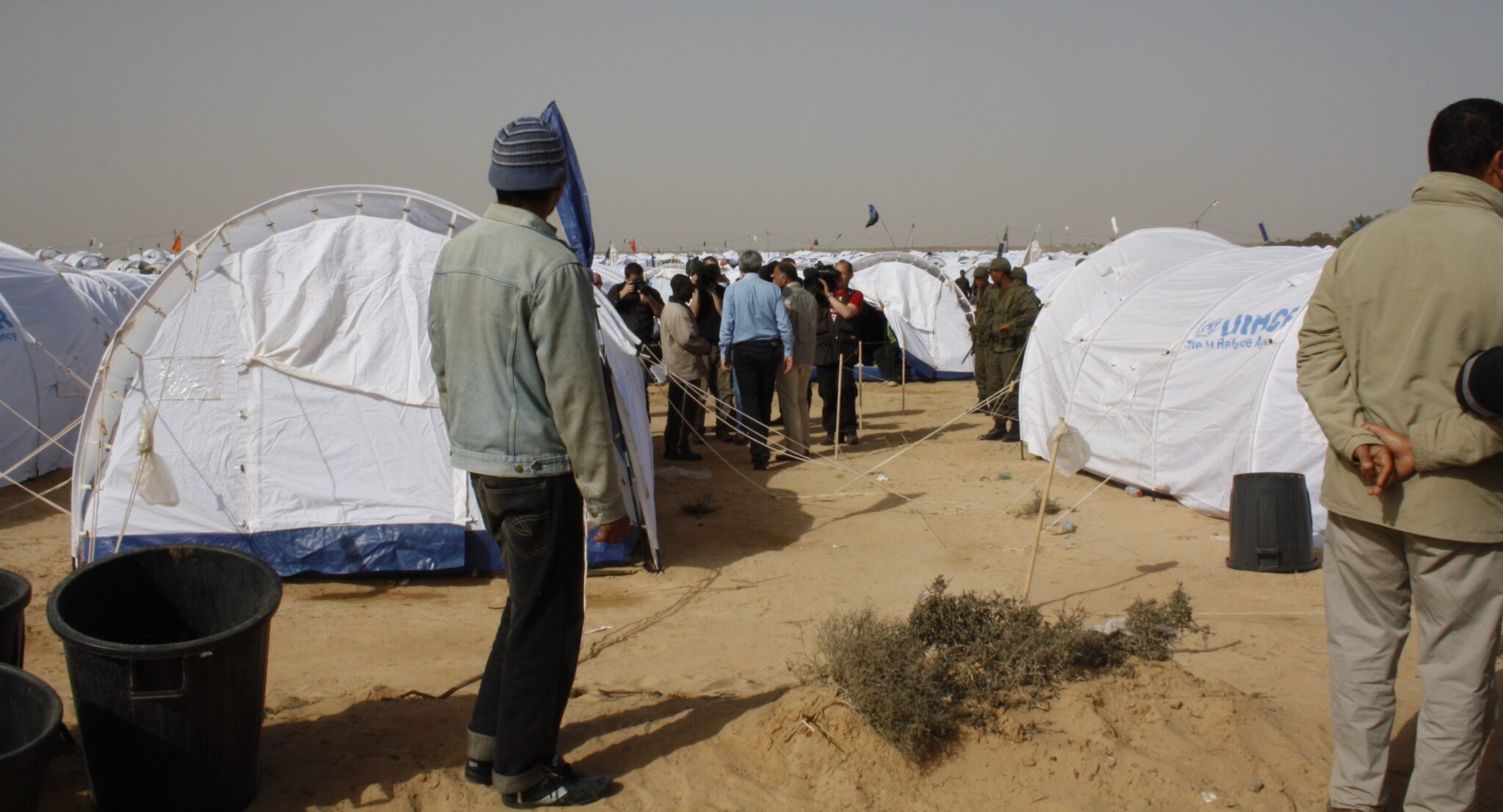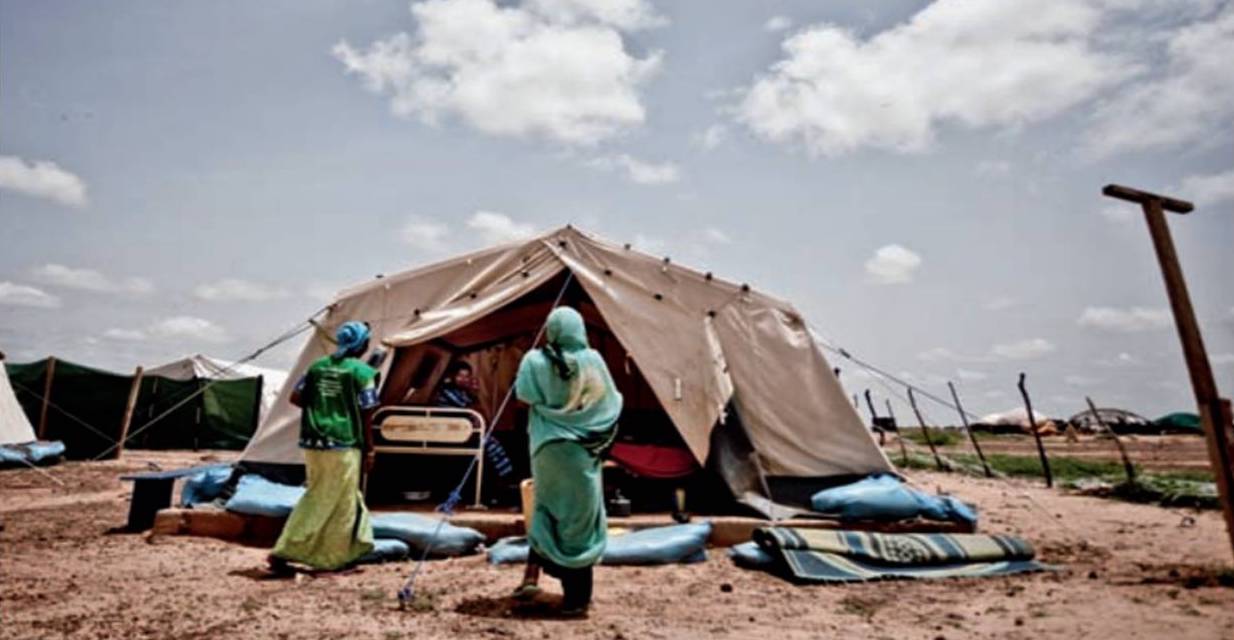
Ghana: cease forced return of Burkinabé refugees
The United Nations refugee agency (UNHCR) said it is concerned about reports that hundreds of Burkinabé refugees fleeing to Ghana, including women and children, are being deported. According to UNHCR, more than 17,500 Burkina Faso nationals have fled to neighboring countries, including Niger, Mali and Ghana, since January 2021 as a result of the ongoing internal conflict. Ghana is accused of having forcibly deported more than 500 Burkinabé seeking protection along the border. A video on Twitter showing expelled women and children sitting in a parking lot near the border has been widely circulated. The UNHCR called on Ghana to stop the deportations, saying that they amount to a violation of the non-refoulement principle. (Photo: Leonardo Perez Aranda via Wikimedia Commons)



